Members of the Boston University Cheerleading team have wished to remain anonymous for fear of repercussions from Boston University Athletics.
Red backpacks, electric scooters, early class registration times, guaranteed on-campus apartments: From the outside, the life of a Boston University athlete looks glamorous.
But the BU Cheerleading Team and BU Dance Team have a different experience, living in a murky limbo area thanks to their classification as Spirit Squads.
BUCT and BUDT compete at the Division I level in the National Cheerleading Association and National Dance Association, respectively. Because neither are considered sports by the NCAA, Title IX regulations do not apply to them, said former BUDT co-captain and College of Communication senior Morgan Mulligan.
Mulligan said that with the Spirit Squads classification, which also includes the Athletic Bands, the teams are required to perform at certain sporting events for Athletics.
Mulligan will graduate this semester after studying abroad, so she is not currently on the team. Due to an updated contract re-signed in the middle of this semester, BUDT members are not allowed to speak to the media, but multiple members gave similar accounts in interviews conducted in April. Current members confirmed all reports to be true this Fall.
Neither BUCT nor BUDT receive funding for their competition seasons because they are considered Spirit Squads. BU Athletics only supplies the team for their basketball game performances, Mulligan said.
BU Athletics declined to comment.
“The only thing that is provided to us by the Athletics department is the uniforms that we wear during basketball games,” Mulligan said. “Other things like costumes, shoes, tights that we wear, those are all either paid for by the team, so money that we raise doing crowdfunding [and] fundraising, or those are paid for out of pocket from members.”
Mulligan said the most “degrading” fundraiser is cleaning up Agganis Arena after hockey games and concerts. The team makes about $500 to $800 per cleanup.
“For three-plus, four-plus hours, you’re sweeping the floor, you’re mopping the floor, you’re picking up trash, you’re ripping open trash bags and sorting through trash, things like that, just for [a] couple hundred bucks,” Mulligan said. “It makes you seethe with anger.”
This season, the team is working concession stands at Gillette Stadium to raise more money so the team members pay less out of pocket.
At other colleges, there’s a different story.
The dance team at the University of Massachusetts at Amherst competes in the Universal Association’s Collegiate Cheer and Dance Nationals in Division IA. According to UMass Amherst head coach Justine Pennucci, the team is classified and funded by Club Sports.
Pennucci said Club Sports increases their funding yearly because the team competes at such a high level.
“Financially, it’s best for us to be a club sport because of the amount of funding we do get,” Pennucci said. “If we were to switch over to Athletics, I know that we would not be budgeted the same way.”
At UMass, the cheerleading and dance team both perform at all home football and basketball games.
Unlike their dance team, UMass’ cheerleading team is considered part of Athletics, and according to Pennucci, they get “certain things funded or travel paid for.”
For BUCT, a debt of almost $10,000 entering the 2022-23 season meant they had to pay out of pocket for their National championships, according to an alum who works with the team.
“We have broken even on our money spent this season, but the previous coach left funding in a very dire place,” they said.
Due to the debt, each cheerleader had to pay $850 in order to attend Nationals. One uniform cost $200 to $300, according to a member of the BUCT.
BUDT faced a similar situation last year. Mulligan said when she was captain, the team came in with an outstanding balance.
“A student-athlete … shouldn’t have to be worried about the inner workings and the finances of your team,” Mulligan said.
BUCT and BUDT compete in Division I, but they do not have access to specialized training facilities, athletes’ kitchens, nutritionists or strength coaches, according to the BUCT member. They said they believe BU Athletics leans on the Spirit Squads label to avoid giving BUCT these resources.
“You don’t need to meet with a strength coach if all you do is shake your pompoms at a basketball game,” they said.
The BUCT alum described Athletics as “disrespectful.”
“No one in Athletics cares how good or how bad the team is. They just want there to be a team that shows up and does what they say in terms of basketball games and handing out pizzas and whatever,” the BUCT alum said. “That’s fine. That’s part of the job. But the draw of BU Cheer is mostly competition.”
Funding
Even though Athletics has supplied the two teams with the gear and uniforms they need to perform during basketball games, BUCT and BUDT have found difficulty with that as well. The poms BUDT is currently using are at least four years old and they are reusing costumes dating back to 2008, Mulligan said.
“My sister was on the team 10 years before I was,” Mulligan said. “Last year when we went to Nationals, I wore her costume.”
Meanwhile, UMass Amherst’s dance team gets poms “every six months,” and uniforms “do not have a very long life” because of heavy use and sweat, Pennucci said. The Club Sports budget covers replacements.
At BU, Mulligan said BUDT “flirted” with the idea of becoming a club team but never took it seriously. Mulligan said a reason for that was because it would be a difficult conversation with Athletics when it was already difficult to get to Nationals.
To get there is expensive — the alum said it costs about $40,000 to support a team for an entire season.
“Out of pocket, a season can cost anywhere more than $1,000 [per person], which is a huge ask for people who are already paying well over $60,000 for their education,” the alum said.
At UMass Amherst, Pennucci said individual team members pay for flights and registration fees for Nationals, totaling $1,200 per person. Last season, Nationals cost about $50,000 overall. The remaining amount of money comes from fundraising and the team’s Club Sports budget.
It costs BUDT about $15,000 to attend Nationals, Mulligan said.
One way BU sports teams get a lot of their funding is through Giving Day — a fundraiser for the entire school in April. Clubs, sports teams, colleges and programs at BU are eligible to fundraise. Varsity Athletics alone amassed a total of over $1.2 million. Men’s hockey collected the most money: a total of $257,331, according to BU Giving Day.
According to the member of BUCT, the team only made $250 because BU Athletics did not inform the team that they had the opportunity to participate.
“There was no way for us to have the extra few hours, days, to let people know that we are going to be part of that program to fundraise,” they said. “Had I known, I would have been posting about it, been emailing alumni, [but] we found out that day.”
Academics
BUCT and BUDT members said they do not get access to early registration, a privilege given to BU’s Division I athletes.
The teams also do not receive travel letters that excuse them from class for sport-related events, unlike other BU Division I athletes.
Mulligan said that during her sophomore year, BUDT was given letters from the Athletics department that excused them from class. However, the team did not get the same luxury the following year.
When she mentioned her disappointment to Athletics, she said she was immediately shut down.
“I was told that as a leader, it was my responsibility to keep the team morale high, and I shouldn’t be giving off the impression that Athletics was ‘taking things away from us,’” Mulligan said.
Mulligan said BUDT is not offered the same academic resources as other Division I athletes.
“If there was a major issue with missing class or getting behind on work, Athletics wouldn’t have any academic support or resources to offer us,” Mulligan said.
BUCT had a similar issue with academics.
“I know a lot of our freshmen are taking Chem 2, Bio 2 and had to take zeros for labs … the letters were the make-or-break difference for that because those departments don’t have any leeway for people missing,” the member of BUCT said.
According to Carolyn Megow, a cheerleader at the University of Illinois at Urbana-Champaign, the cheerleading team does not compete and only performs on game days. Despite this, the team is still under the Athletics program and gets priority registration.
Megow said the cheerleading team performs at every home football and basketball game as well as Big Ten tournament games.
When they travel, the cheerleading team at UIUC are given preloaded debit cards to pay for food.
“When we came here early for camp before the university housing dining halls were open, they gave us a card … to get us through meals for the week,” Megow said.
The BU Spirit Squads will continue to perform at men’s and women’s basketball games this season on top of cleaning up arenas around Massachusetts and fundraising their way toward Nationals.
Mulligan said the team is happy to support other teams, but wishes they could receive the same support for their athletic achievements.
“Part of what we do is game day and being there to show school spirit,” Mulligan said. “But in turn, I think there’s always a little bit of an expectation that when it’s our time to go out and compete or do what we need to do, that some of the respect that we’re constantly giving to the department and other teams would be returned back to us.”


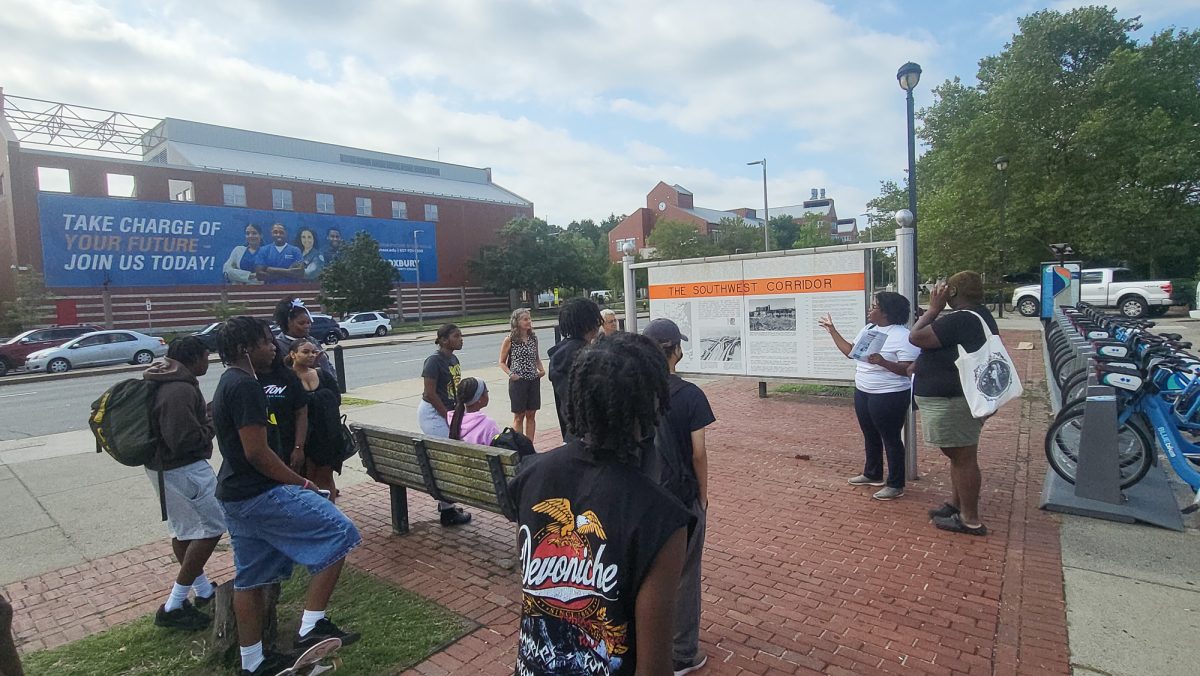
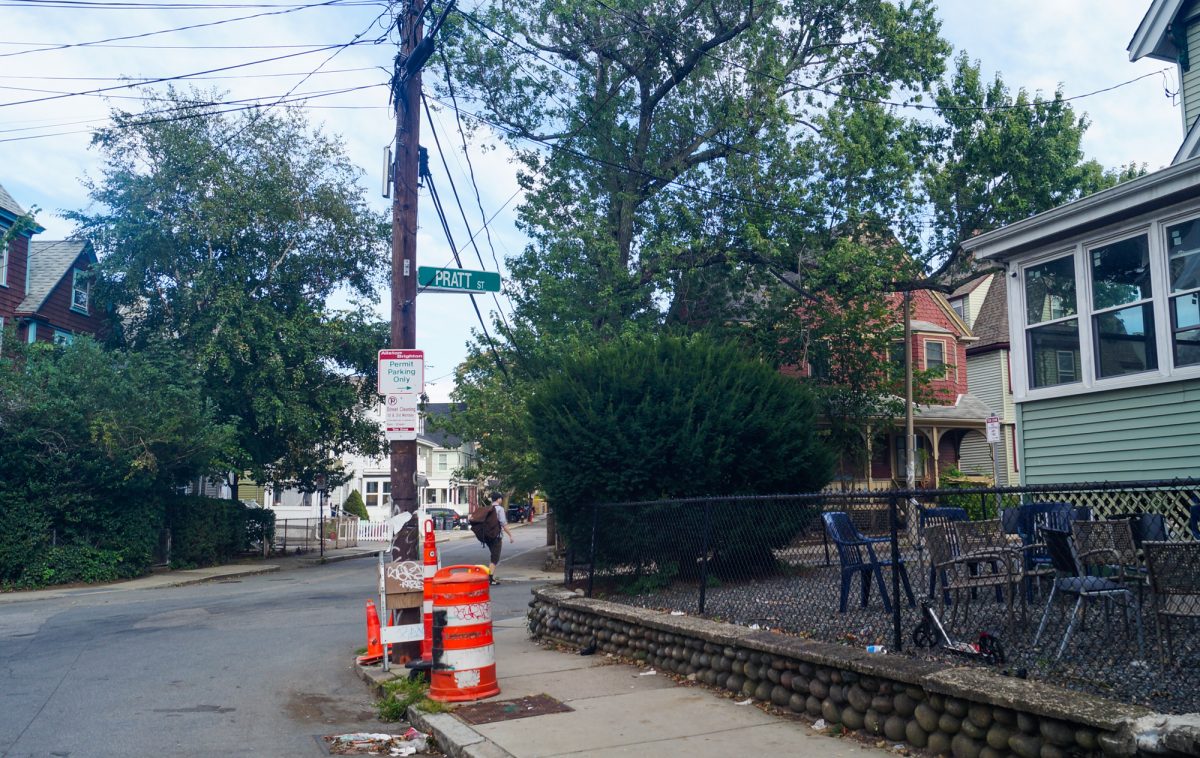

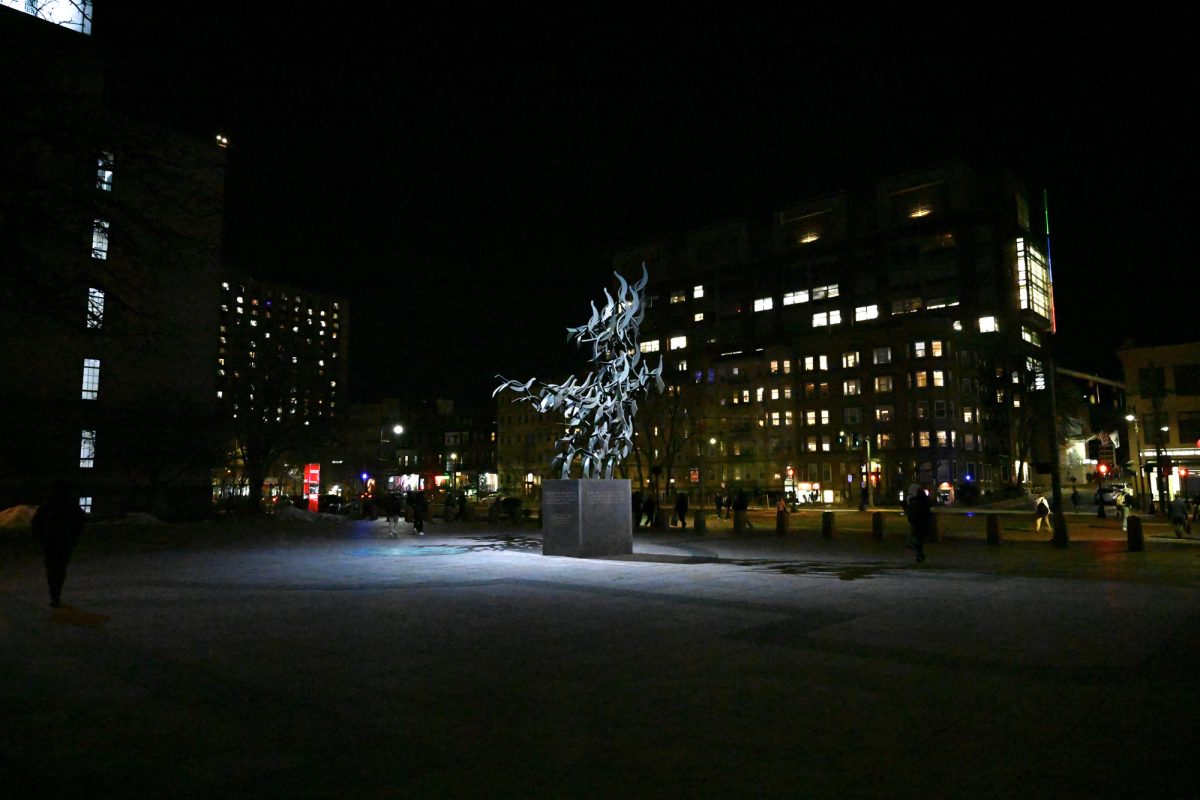

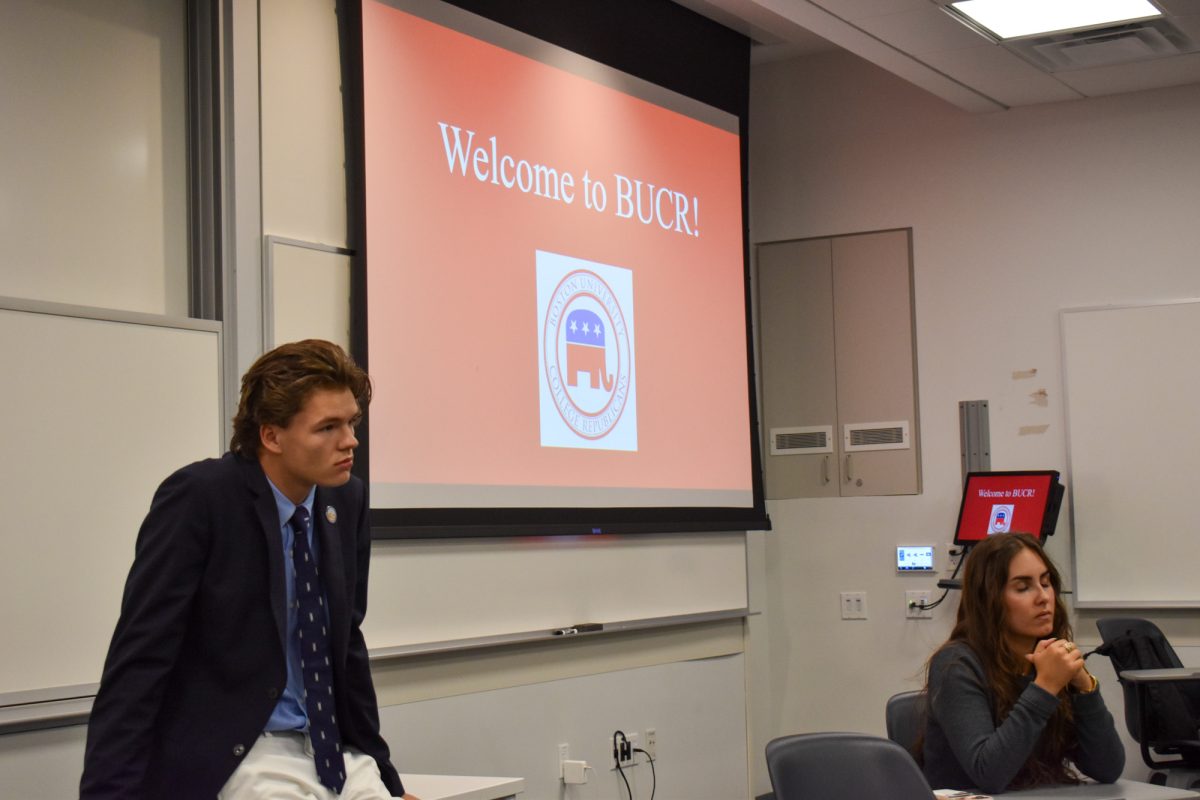






















































































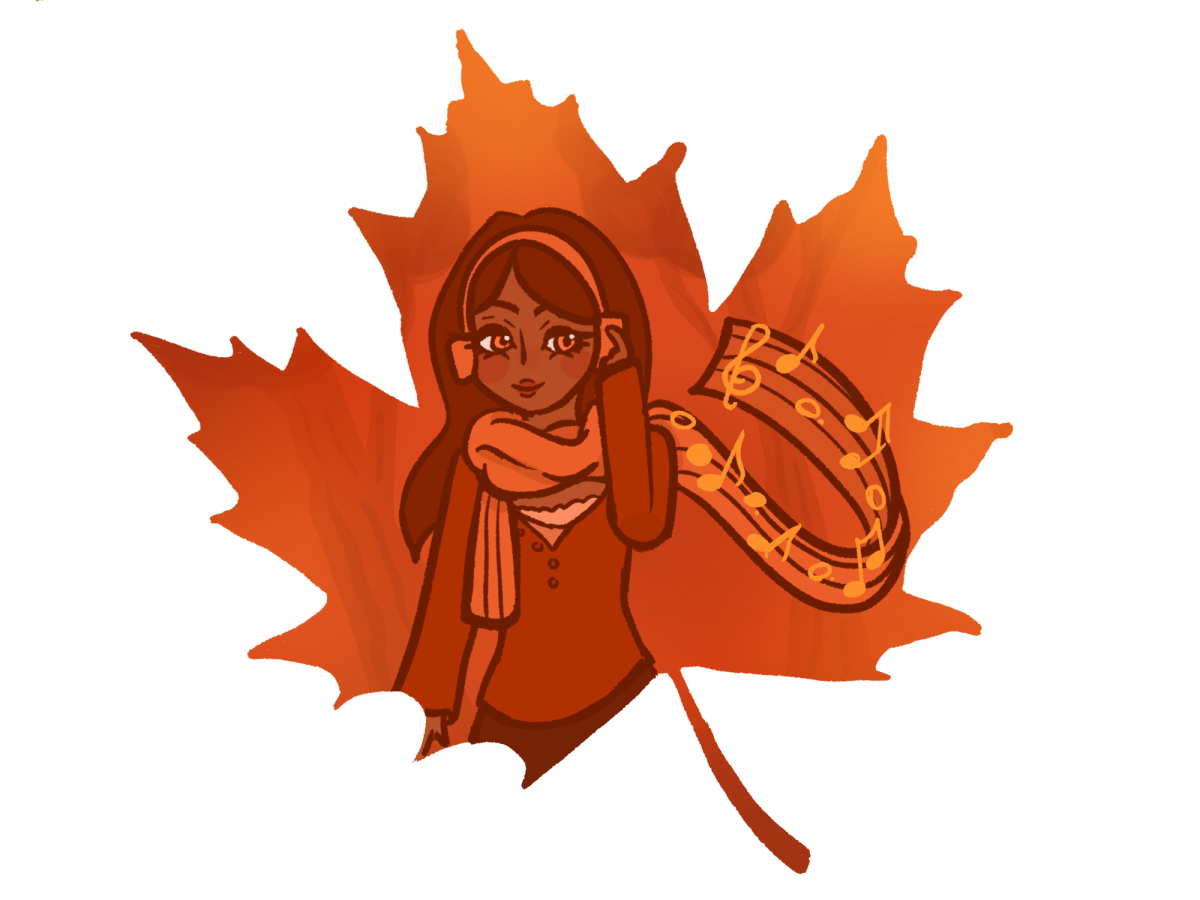
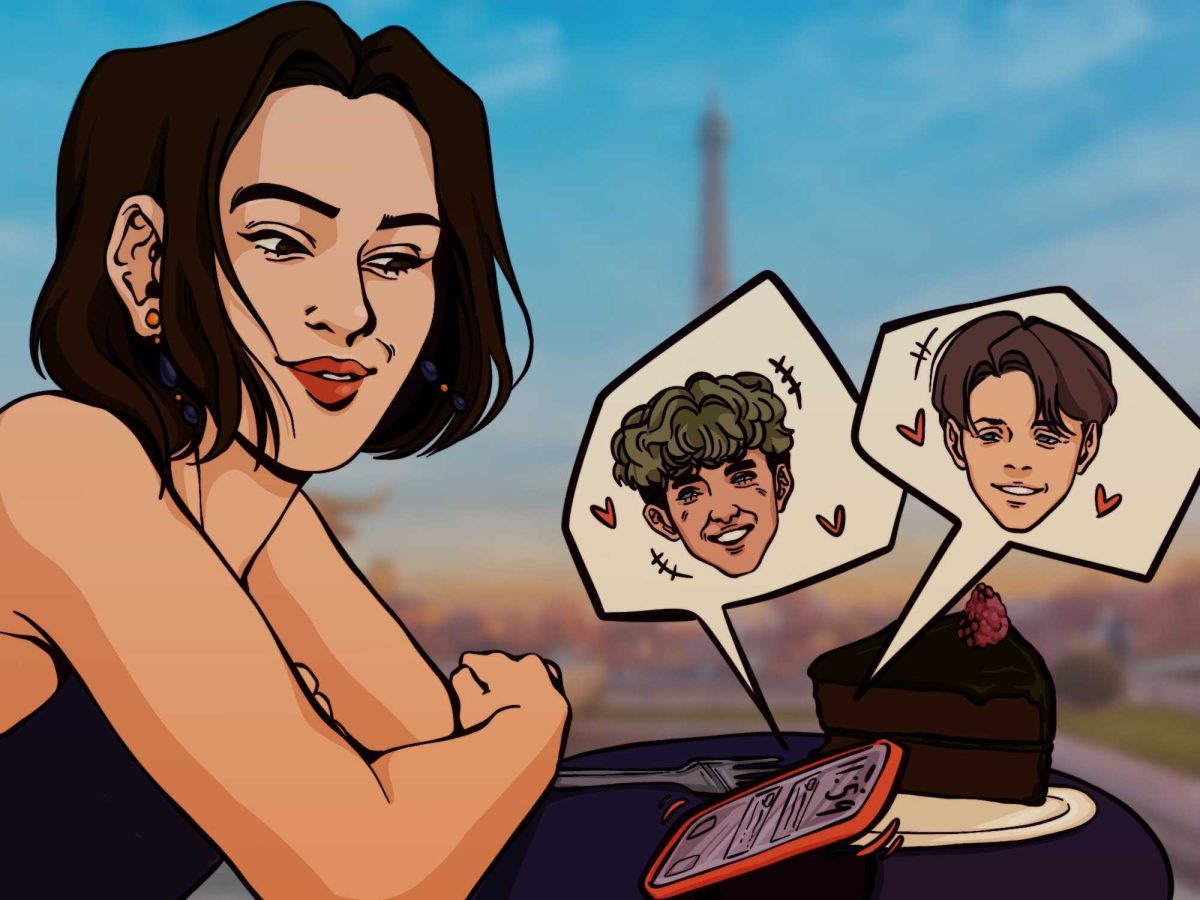




















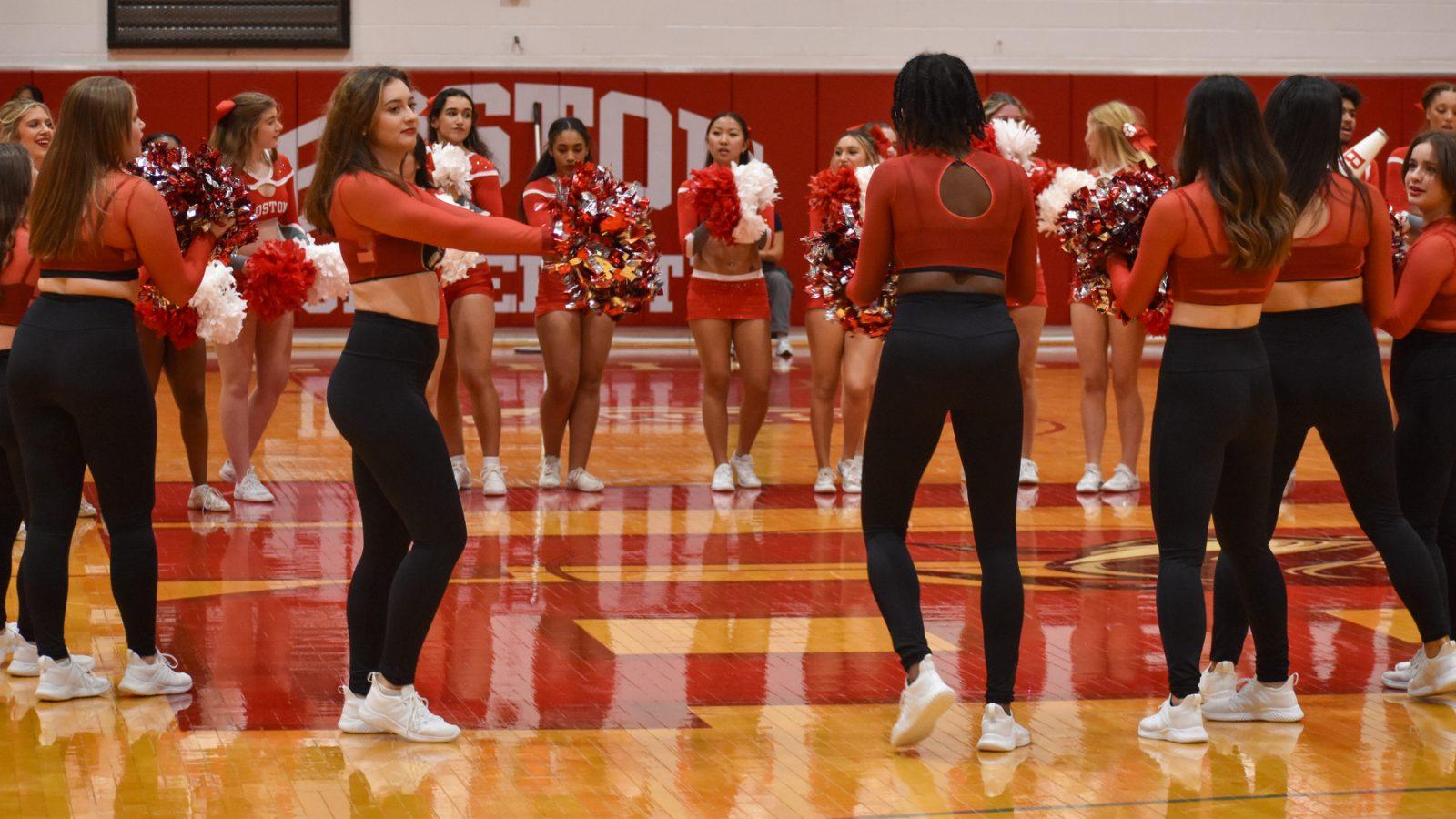


Keri Riley • Nov 20, 2023 at 1:24 pm
BU Athletics is a multi-million dollar machine. Embarrassed and infuriated to read that so many other schools contribute something to their hard-working cheerleaders and dancers who are expected to represent BU at events and Nationals. It is never too late to do the right thing. Time to pay up now.
Robert Imperato • Nov 20, 2023 at 11:47 am
Very sad how the University supports these athletes, it is embarrassing as a BU graduate to read this story